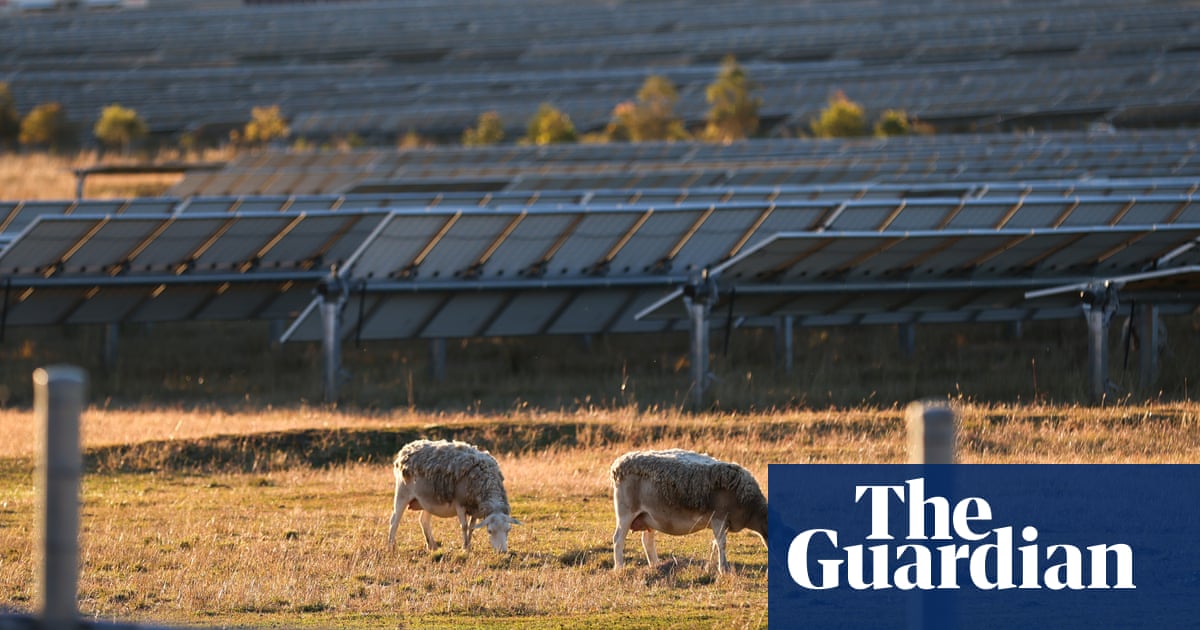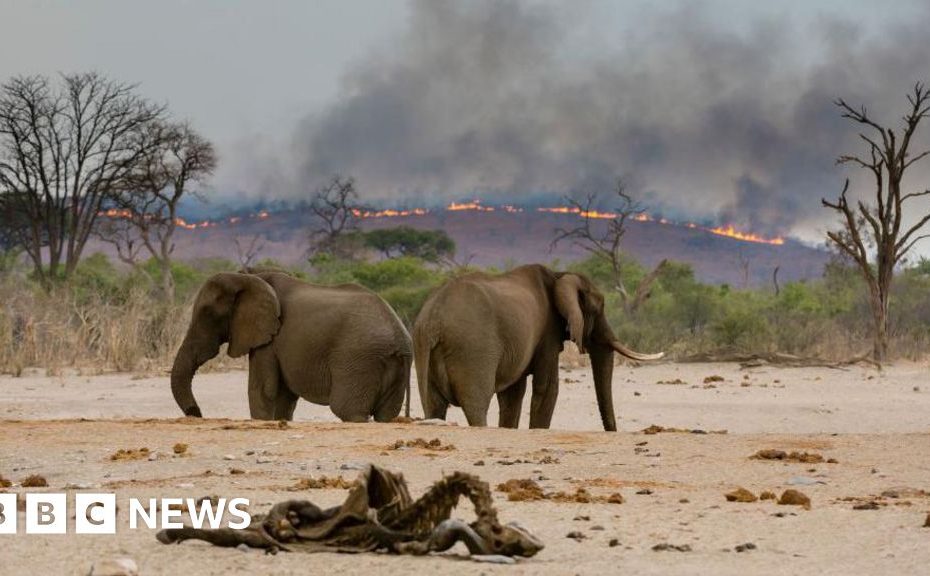IPBES report sees climate, nature and food challenges as interconnected
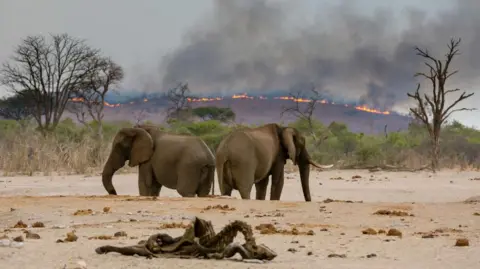 Getty
GettyClimate change, nature loss and food insecurity are all inextricably linked and treating them as separate issues will not work, a major report warns.
Review of scientific evidence Intergovernmental Platform on Biodiversity and Ecosystem Services (IPBES) found that governments underestimated or ignored the links between five key areas: biodiversity, water, food, health and climate change.
This “isolated” approach can have unintended consequences, such as tree-planting programs destroying biodiversity or polluting rivers while increasing food production, the report said.
Nearly 150 countries met in Windhoek, Namibia, to approve the latest assessment.
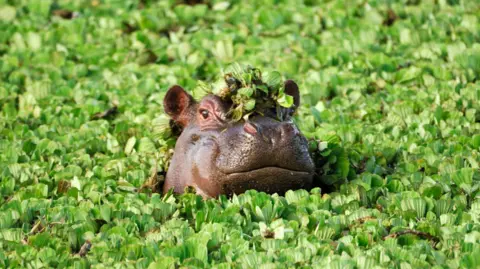 Getty Images
Getty ImagesPaula Harrison, professor of land and water modeling at the UK Center for Ecology and Hydrology, co-chair of the report, said understanding the interdependencies between different sectors was “vital” to solving the crises affecting the natural world.
“Our current governance systems are often different departments that are siled and very fragmented,” she said.
“Often these connections aren't even acknowledged or ignored, which means you can get unintended consequences or trade-offs because people aren't thinking in a holistic way.”
She said the report identified more than 70 comprehensive solutions to the problem, many of which were low-cost.
Examples given in the report include schistosomiasis, which causes long-term health problems for more than 200 million people worldwide, especially in Africa.
Treating this as a health problem with medication can lead to people getting reinfected.
Rural areas in Senegal have taken different approaches to address water pollution and invasive plants that are home to snails that harbor disease-carrying parasites, improving health and biodiversity.
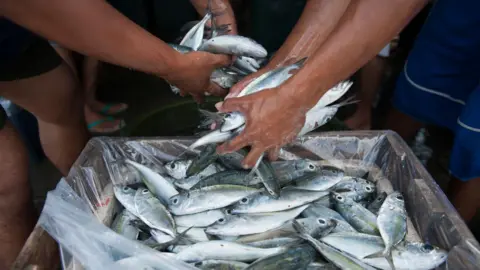 Getty Images
Getty ImagesThe report also found:
- More than half of the world’s population, especially in developing countries, live in areas most affected by declines in biodiversity, water and food
- Biodiversity – the richness and diversity of all life on Earth – is declining around the world, largely as a result of human actions, with consequences for food security and nutrition, water, health and well-being, and resilience to climate change “Direct and horrific impact”
- Delaying actions needed to achieve policy goals also increases the costs of achieving those goals. For example, delaying action on biodiversity targets could double the final costs while increasing the likelihood of species extinction.
The report also explores future challenges and scenarios, focusing on the period before 2050 and 2100.
The report finds that under the current “business as usual” trend, outcomes for biodiversity, water quality and human health will be extremely poor.
Addressing one area in isolation can lead to negative results in other areas. For example, focusing solely on climate change could lead to negative outcomes in areas such as biodiversity and food, reflecting competition for land.
Professor Harrison said: “Future scenarios do exist that deliver positive outcomes for people and nature by delivering co-benefits across connected elements.”
“The future scenarios with the most broadly linked benefits are those that focus on sustainable production and consumption, while protecting and restoring ecosystems, reducing pollution, and mitigating and adapting to climate change,” she said.

